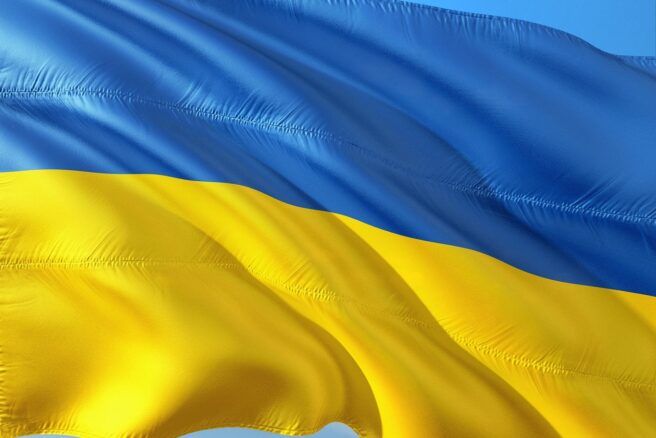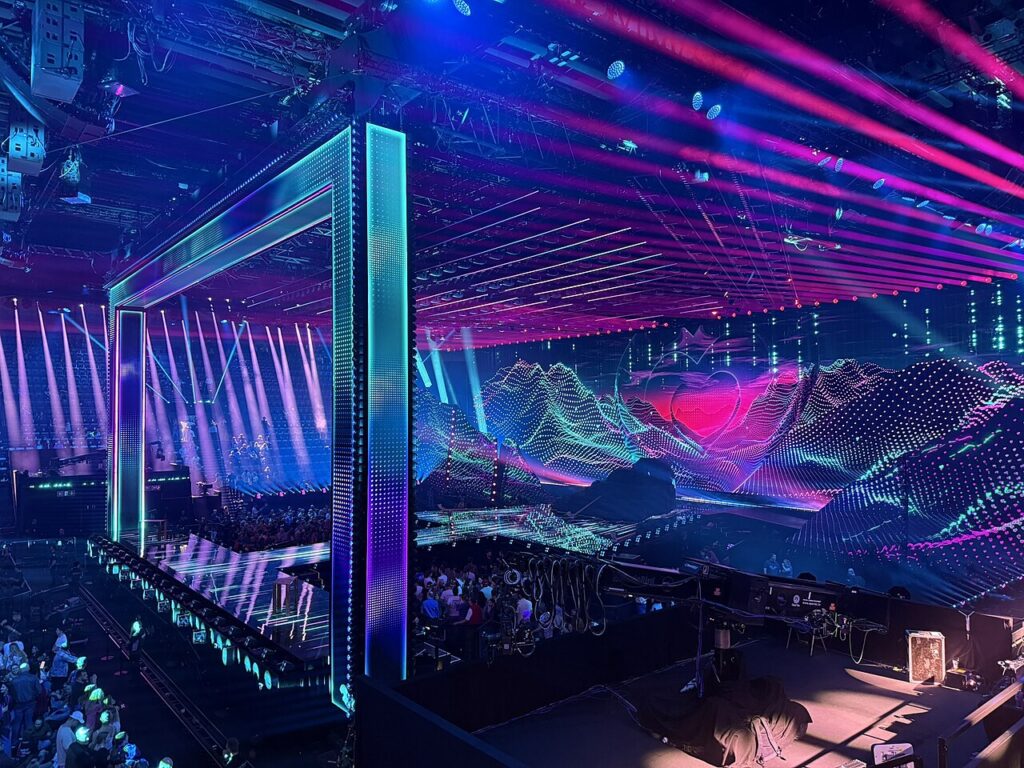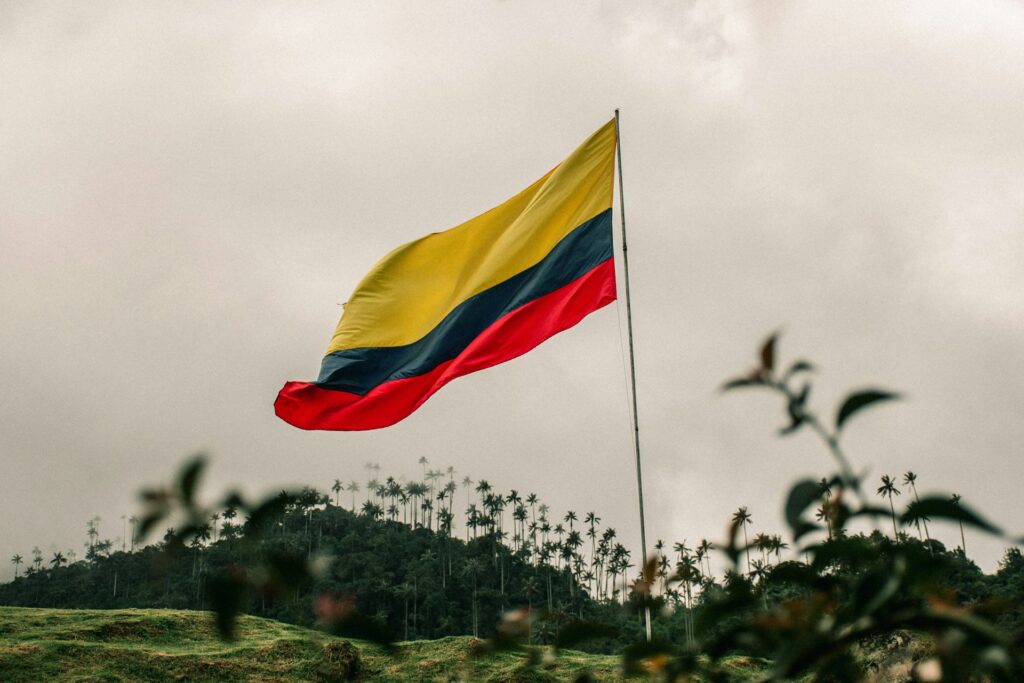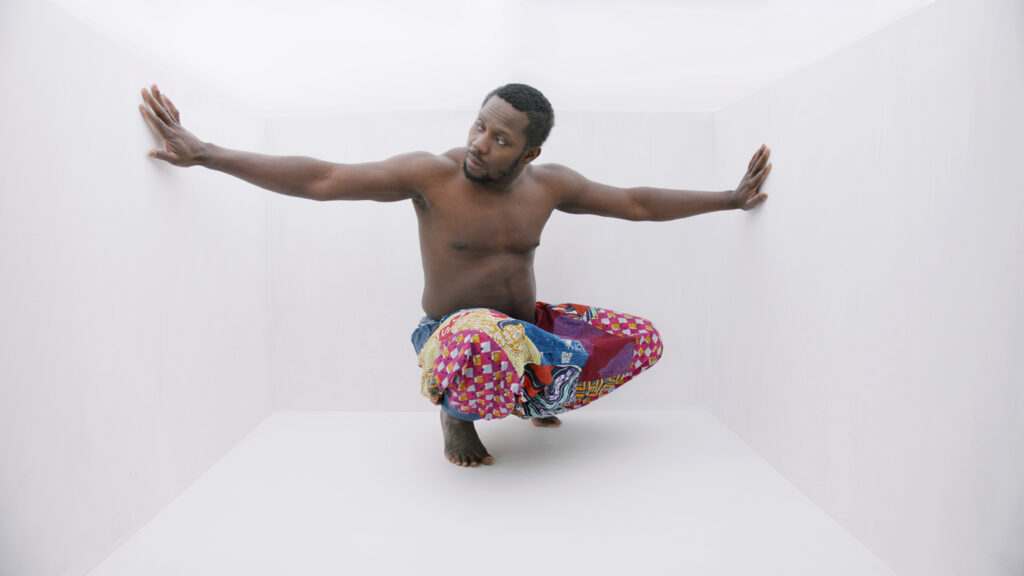While much of the world is engrossed by the military situation in Crimea, maneuvers of a different sort have been going on behind the scenes in Kiev.
On February 22nd, former First Vice PM Aleksander Turchinov of Yulia Tymoshenko’s Batkivshchyna party was nominated speaker of parliament. Hours later, Tymoshenko herself was released from prison in Kharkov and appeared on the Maidan stage in Kiev. The very next day, the parliament decided to grant Turchinov the powers of acting President until a new election could be held on May 25th. A few days after that, a new government headed by Arseniy Yatseniuk was announced and duly approved by parliamentary vote.
At first glance, the most noticeable aspect of the lists of newly appointed cabinet ministers is that most hail from Western and Central regions of Ukraine. In fact, of those 21 ministers (including the secretary of the National Security and Defense Council) 13 are from Western regions, five are from the center of Ukraine, whereas only three are from the east of the country. Of those three, two are from Batkivshchyna and one is from far-right party Svoboda. At a time when the central government in Kiev is trying to demonstrate Ukraine’s unity following pro-Russia rallies in several eastern regions, a government lacking any significant representation of these regions sends out the opposite message.
Additionally, all 24 of Ukraine’s regional governors have been sacked by Turchinov. Of the 21 replaced so far, eight are from Batkivshchyna, six are from Svoboda, and the rest are a mix of non-aligned, military men, and oligarchs. The two most notable appointments are those of Igor Kolomoisky (Dnepropetrovsk) and Sergei Taruta (Donetsk). Among the assets of the former are PrivatBank, and football club Dnipro, while the latter controls the Industrial Union of Donbas and football club Metallurg Donetsk. The main problem here is not so much who is being sacked or appointed, but rather the fact that according to Ukrainian law regional governors are directly appointed by the president instead of being elected by voters.
Much was made of “the Family,” as President Viktor Yanukovych’s network was referred to. But now a similar sort of network seems to be taking shape in the new government. Current PM Arseniy Yatseniuk led Tymoshenko’s Batkivshchyna party in her absence, while Pavel Petrenko, Maksim Burbak, and Ostap Semerak are close to him and Lyudmila Denisova and Arsen Avakov are close to Tymoshenko. Vladimir Groisman has been linked to Petr Poroshenko, and Yurii Prodan and Aleksandr Shlapak with Kolomoisky. Additionally, the appointments of Oleg Musiy, Serhiy Kvit, Evgeniy Nishchuk, and Dmitriy Bulatov are linked to their participation and influence during the Euromaidan events. At the top of it all Turchinov himself, also from Dnepropetrovsk, is extremely close to Tymoshenko and previously was close to both Kolomoiskiy and Tymoshenko’s patron, former Dnepropetrovsk governor and ex- Prime Minister Pavel Lazarenko.
Why does the composition of the government matter when there are more pressing short-term issues such as Russian military intervention in Crimea and Ukraine’s fledgling economy? First, without a stable central government Kiev has no chance of regaining control of the regions, much less re-establishing authority in Crimea. Each of Ukraine’s 24 regions has experienced protests of some kind and many regional administrations were seized. Kiev is under pressure from all sides, as shown by the replacement of regional governors with politicians chosen by the new leaders in an attempt to get their own people on the ground.
Second, the paltry sums offered by the EU and US (11 billion Euros and one billion Dollars, respectively) need to be used in the proper way in order to stabilize Ukraine’s badly faltering economy in the hope that more funds would be forthcoming. Indeed, one reason for such low sums could be the very lack of knowledge about the current government’s aims and no guarantee that this money would be used for its intended purpose.
Third, and most importantly, the main goal of the majority of Euromaidan protesters was to fight corruption, exemplified by the Yanukovych government. Irrespective of who is elected president in May, a new government composed of different oligarchs and regional power networks that merely adopt the speech, outlook, appeal, and identity of Euromaidan does not meet these demands. In fact, the emergence of a conflict in Crimea almost appears too good to be true for the new authorities as it both creates a diversion and gives Ukrainians a reason to support what would otherwise be an undesirable government for the greater good of the country.
Whoever becomes Ukraine’s next president faces quite a task in convincing (or deceiving) the population. The latest survey from the Kiev International Institute of Sociology taken between 28 February and 3 March shows not only the overall lack of support for any one leader, but also a stark regional divide. Using List 1 including Party of Regions’ Sergei Tigipko the results are as follows:
Petr Poroshenko – 19.8%; Vitaliy Klitschko – 12.1%; Yulia Tymoshenko – 8.4%; Sergei Tigipko – 8.0%; wouldn’t support any candidate – 17.6%; hard to tell/can’t determine – 17.7%.
The regional survey shows:
| West | Center | South | East | |
| Poroshenko | 31.6 | 28.2 | 11.1 | 6.8 |
| Klitschko | 24.9 | 16.1 | 5.2 | 2.3 |
| Tymoshenko | 13.8 | 9.5 | 5.9 | 4.5 |
| Tigipko | 0.9 | 3.9 | 11.5 | 16.7 |
| Wouldn’t support anyone | 3.1 | 11.8 | 21.1 | 36.0 |
| Hard to tell/can’t determine | 12.9 | 14.4 | 24.4 | 18.9 |
Poroshenko’s emergence as the leading candidate might come as a surprise but many Ukrainians have seen him as something of a compromise. While one of Ukraine’s leading oligarchs, thanks to his confectionary company Roshen, he was a backer of former President Viktor Yuschenko and was also head of the National Bank. More telling is the fact that second place in the survey is held by the “hard to tell/can’t determine” group with “wouldn’t support anyone” a close third. Disillusionment is unsurprisingly highest in the east and south where Party of Regions’ Tigipko is the top vote getter among actual candidates. Tymoshenko’s popularity is in single digits, something that relieves a good portion of the Ukrainian population but which means she will only try that much harder to increase her popularity. Imagine what finding a solution to the Crimean conflict could do for that.
Article image: jorono / Pixabay




